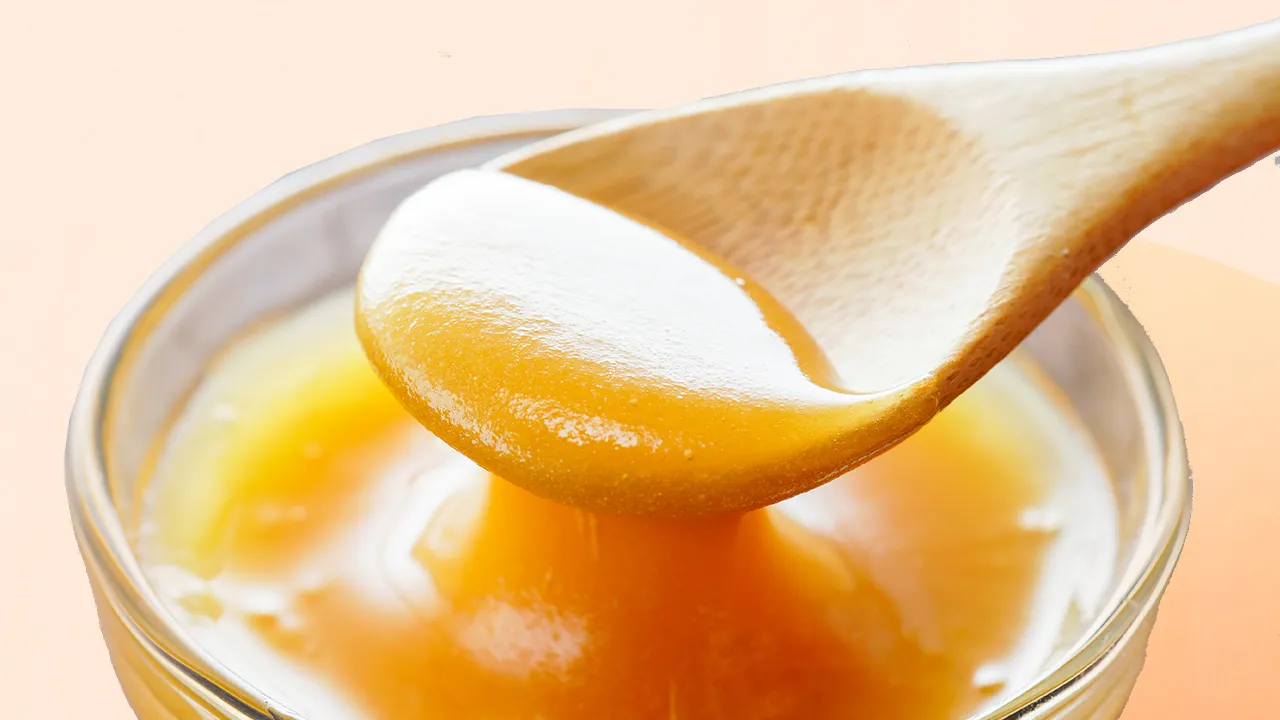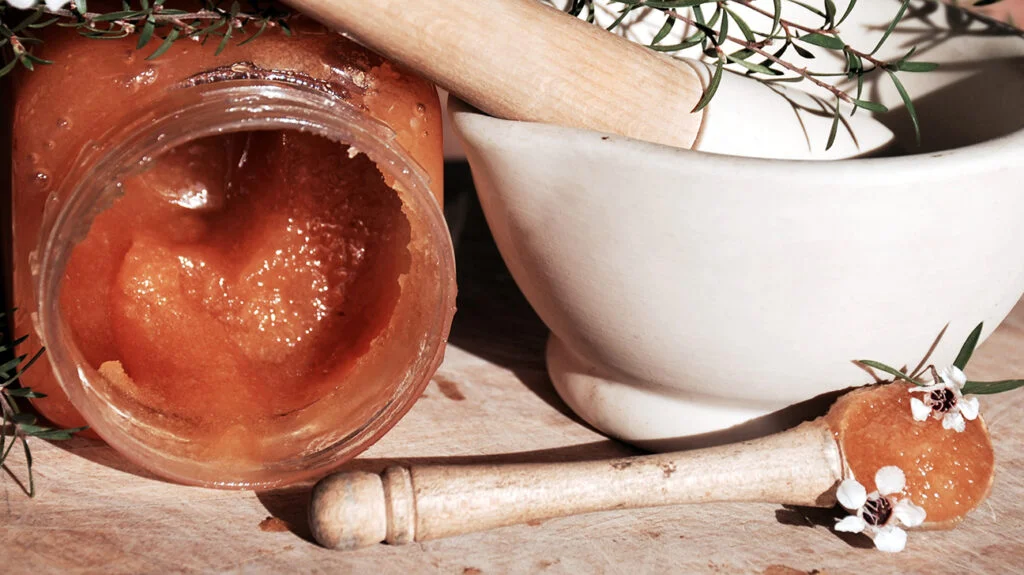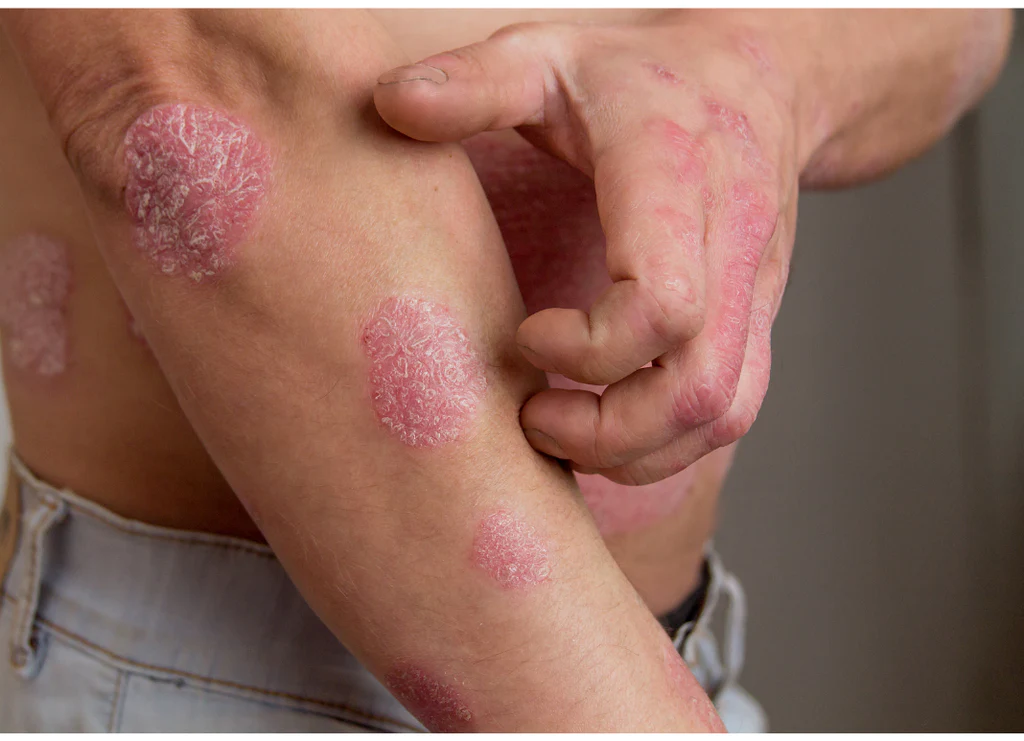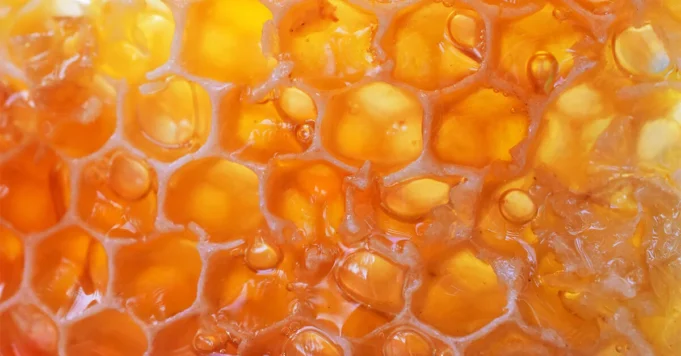Psoriasis is a chronic, autoimmune skin condition that affects nearly 8 million people worldwide. It is characterized by red, scaly patches on the skin that can be itchy, painful and even embarrassing. While there are many treatments available to help manage the condition, there is no cure for psoriasis.
Psoriasis occurs when the immune system mistakenly identifies healthy cells as pathogens and triggers an inflammatory response. This causes new skin cells to develop quickly and accumulate on the surface of the skin before they have fully matured. As a result, thickened patches of red or silvery-white scales form on various parts of the body including elbows, knees, scalp and lower back.
The exact cause of psoriasis is unknown but it is believed to be related to genetics or environmental factors such as stress or certain medications . Symptoms can range from mild to severe depending on each individual’s case but typically include thickened patches with silvery-white scales accompanied by itching or burning sensations in addition to pain in specific areas where lesions are present. In some cases, psoriatic lesions may also appear around fingernails and toes resulting in nail pitting or discoloration.
Benefits of Manuka Honey for Psoriasis

Does manuka honey help psoriasis? Psoriasis is a chronic skin condition that affects millions of people around the world. It can cause red, scaly patches on the skin that can be painful and itchy. While there is no cure for psoriasis, natural remedies like Manuka honey have been known to provide relief from its symptoms.
Manuka honey has been used in traditional medicine for centuries because of its antibacterial and anti-inflammatory properties. It has also been studied as a potential treatment for psoriasis due to its ability to reduce itching, flaking, and redness associated with the condition.
The biggest benefit of Manuka honey for psoriasis sufferers is its moisturizing power. The honey’s natural enzymes help keep skin hydrated and prevent further dryness or irritation from occurring. This helps reduce inflammation which can lead to an improvement in overall psoriasis symptoms as well as decreased risk of infection in affected areas.
In addition, Manuka honey has powerful antioxidants which help protect against free radical damage caused by environmental factors such as UV radiation or pollutants in the air that could aggravate existing psoriasis conditions or even trigger new ones. Its antiseptic properties also make it effective at fighting off bacterial infections.
How to Use Manuka Honey for Psoriasis

Manuka honey has long been used as a natural remedy for skin conditions such as psoriasis. Psoriasis is a chronic skin condition that causes red, scaly patches to form on the skin, which can be both itchy and painful. While there is no known cure for psoriasis, Manuka honey may help alleviate symptoms and reduce inflammation. Here’s how to use Manuka honey for psoriasis:
- Cleanse Skin: Before applying Manuka honey to your skin, it’s important to cleanse the affected area with a gentle cleanser or soap. This will help remove any dirt or debris from the surface of your skin so that the Manuka honey can penetrate more deeply into the affected areas.
- Apply Honey: Once you’ve cleansed your skin, apply a thin layer of raw Manuka honey directly onto the affected area using clean fingers or a cotton swab. You don’t need to use much – just enough to cover the area completely without leaving an overly thick layer of product on your skin. Allow it time to absorb into your skin before moving onto other activities like getting dressed or going outside in cold weather since this could cause irritation and discomfort if you do so too.
The science behind the healing properties of Manuka Honey
It is a unique form of honey produced in New Zealand from the nectar of the Manuka tree. It is known for its antibacterial and wound-healing properties, and has been used for centuries by the Maori people for medicinal purposes. In recent years, Manuka honey has gained popularity in the medical community as a natural treatment for a variety of conditions, including psoriasis.
The science behind the healing properties of Manuka honey is based on its high concentration of methylglyoxal (MGO). MGO is a naturally occurring compound found in Manuka honey that has strong antibacterial properties. When applied topically, it can help to reduce the growth of harmful bacteria on the skin, preventing infection and promoting healing.
Another important factor contributing to the healing properties of Manuka honey is its high osmolarity. Osmolarity is a measure of the concentration of dissolved particles in a solution, and high osmolarity is important for wound healing. By drawing fluid away from the skin, Manuka honey helps to reduce inflammation and promote healing.
In addition to its antibacterial and wound-healing properties, it is also an excellent source of antioxidants, which can help to protect the skin from damage caused by free radicals.
Clinical studies supporting the use of Manuka Honey for Psoriasis treatment

Clinical studies have been conducted to investigate the effects of it on psoriasis and have found that it can help reduce inflammation, soothe skin irritation, and improve overall skin condition. One study found that when it was applied to the skin of patients with psoriasis, it led to a significant reduction in itching and scaling, as well as an improvement in skin hydration and overall skin health.
In another study, a Manuka honey ointment was found to be more effective at improving psoriasis symptoms compared to a traditional corticosteroid ointment. The Manuka honey ointment was able to effectively reduce inflammation and redness, while also promoting skin healing and reducing the risk of adverse side effects.
Conclusion
In conclusion, Manuka honey can be an effective and natural treatment for psoriasis. It has powerful anti-inflammatory and antioxidant properties which can help reduce the symptoms of psoriasis. However, it is important to consult a doctor before using Manuka honey as a treatment since there is still limited research on its effectiveness. Furthermore, results may vary from person to person, so it may not work for everyone.















